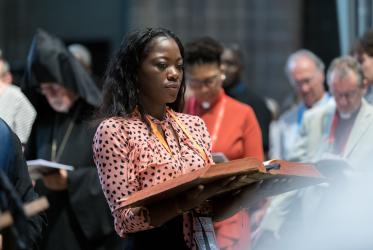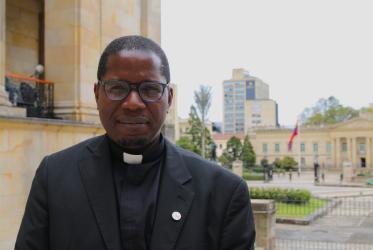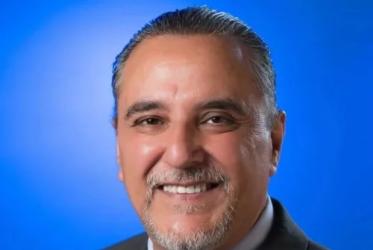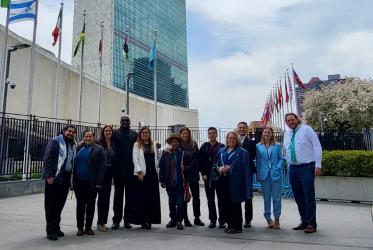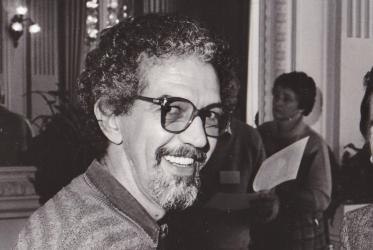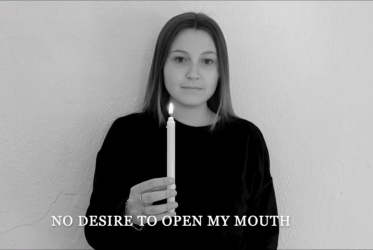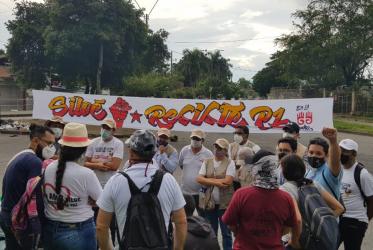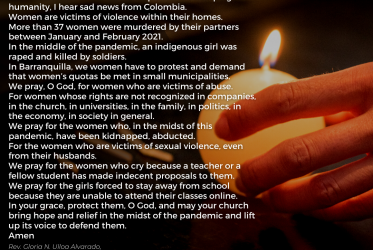Displaying 1 - 20 of 120
20 September 2023
WCC mourns the passing of Edgar Avitia Legarda
07 July 2023
WCC mourns the death of Julio de Santa Ana
20 April 2023
Migrants in Argentina find listening ears and open hearts
04 November 2022
Women in Argentina walk in solidarity with women of Afghanistan
23 September 2021
